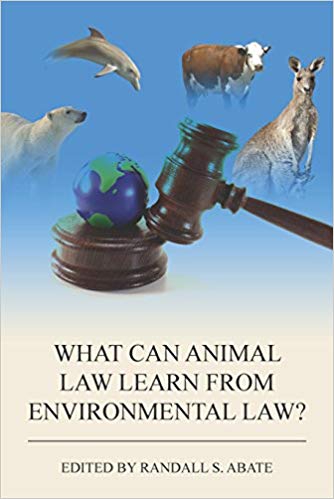Most agricultural production involves large-scale operations, substantial inputs of fertilizer and pesticides, and the intensive confinement of animals. Long viewed as a triumph of technology over the natural limitations placed on farmers by pests, weather, and the biology of plants and animals themselves, the agricultural sector today also imposes very real social costs in the form of pollution and other undesirable impacts. Society has encouraged high levels of agricultural production through federal taxpayer subsidies. At the same time, environmental safeguards have not kept pace—to the contrary, environmental laws usually exempt agricultural activities.
ELI's Industrial Agriculture Law and Policy Center examines how agricultural practices affect the environment, public health, community well-being, and the welfare of people and animals. From field to feedlot, ELI's work highlights both key problems and practical opportunities for reform, analyzing the limitations of the current law and policy framework surrounding agriculture and presenting targeted, research-backed recommendations. To develop a sustainable food system, we will need a shared vision for the future and the right mix of public and private governance tools. ELI is working to shape that vision.
Click for more information on the Center's activities and publications.
For press inquiries, or to learn more about ELI's Industrial Agriculture Law and Policy Center, contact Senior Attorney Linda Breggin.
Selected Publications
Chapter 5 — "Tackling the Problem of CAFOs and Climate Change: A New Path to Improved Animal Welfare?"
Linda Breggin (ELI) and Bruce Myers (AELaw)
in What Can Animal Law Learn from Environmental Law?

Largely absent from the legal and policy dialogue on greenhouse gas mitigation has been the need to deal with emissions resulting from agricultural operations.